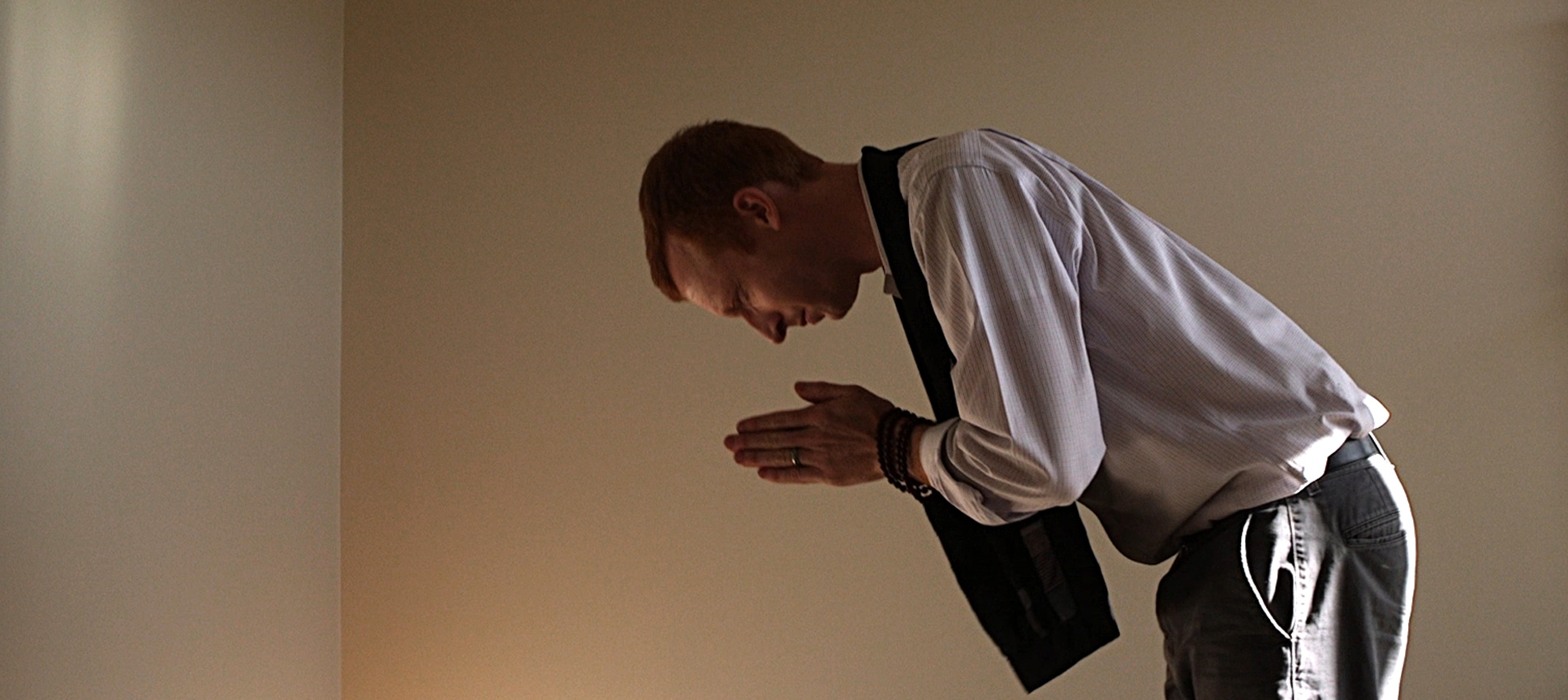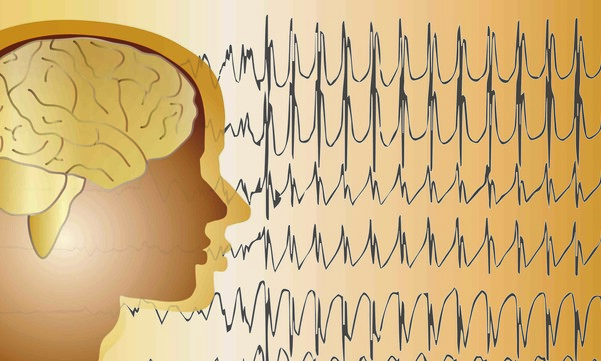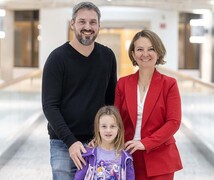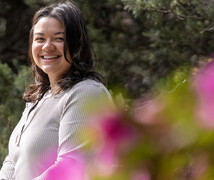Patrick Codd, MD, a Duke neurosurgeon, has been practicing Zen for two decades. The practice, he says, allows him to reflect on his work and relationships with patients and, ultimately, to deliver better care.
Ordained as a Buddhist Priest
Dr. Codd’s interest in Zen started when he read Zen and the Art of Motorcycle Maintenance and headed west for college. There he discovered the Zen Center of Los Angeles.
While his Zen practice has run parallel to his career as a neurosurgeon, it wasn’t until October 2017 that Dr. Codd was ordained as a priest of Boundless Way Zen. Dr. Codd said he values the role his Zen practice has played in allowing him to remain introspective about what he does, and to understand how his work impacts him as well as his patients.
“We’re often on the front lines of human suffering in the way we experience the fear and anxiety that comes from being a human in the context of health care,” Dr. Codd said. “Zen practice has allowed me to see what comes up in those moments, recognize the human experience, and use it as a vehicle of compassion.”
Daily Meditation Practice
At least once a day, Dr. Codd spends 20 to 30 minutes meditating. It’s his way to be present in the emotions and thoughts that arise in him. He says it allows him to better understand, accept, and provide benefit from the multitude of emotions he experiences with his patients.
There’s value in recognizing how these commonalities of emotion and thoughts interconnect us all as human beings, he said. Facing daily challenges and their good and bad consequences enhances his understanding and empathy for himself and others.
“What it comes down to is turning toward change in our lives,” Dr. Codd said. “When I meet with a patient, I strive to spend that extra time getting to better know them, and to see how they are facing such change and challenges in their own lives.”





